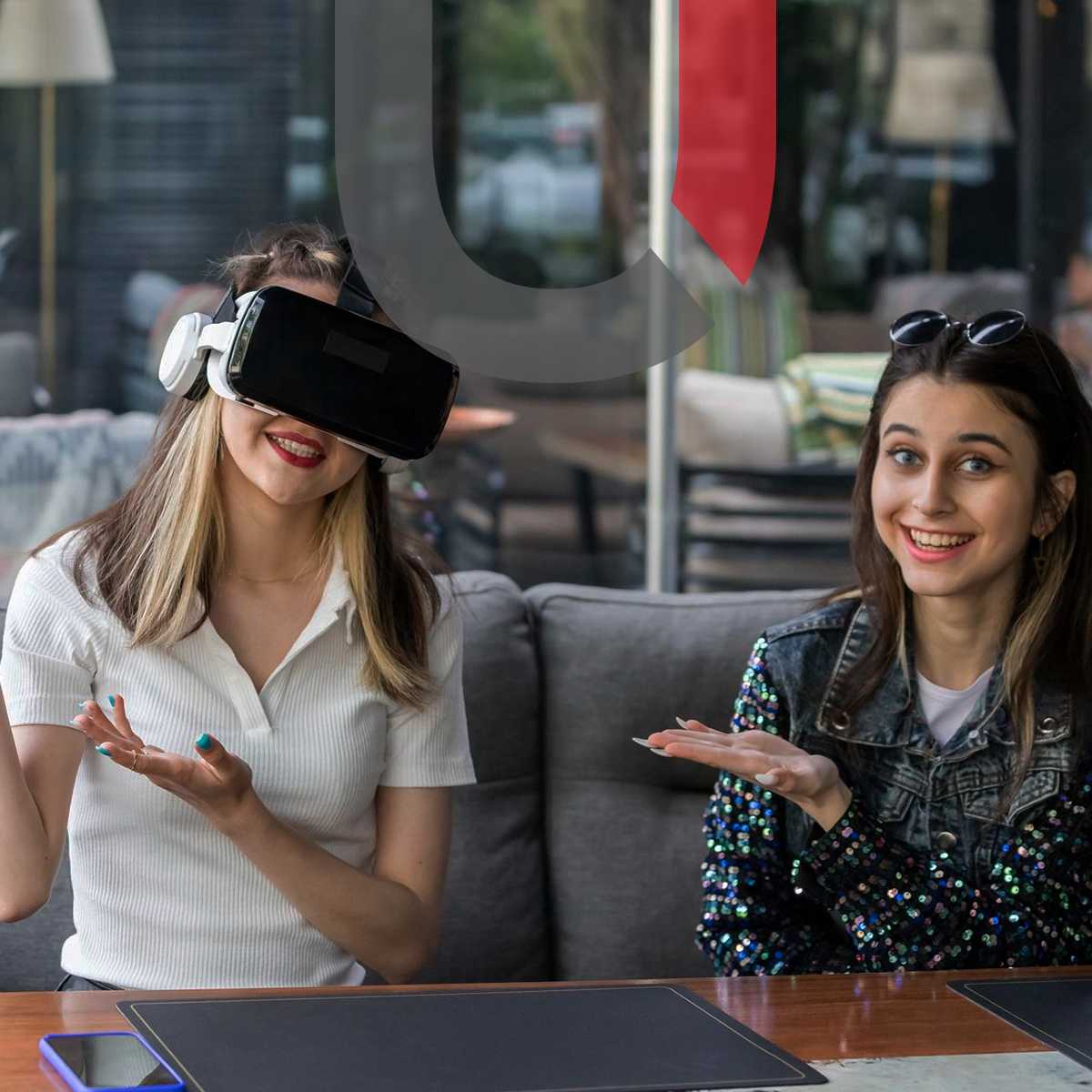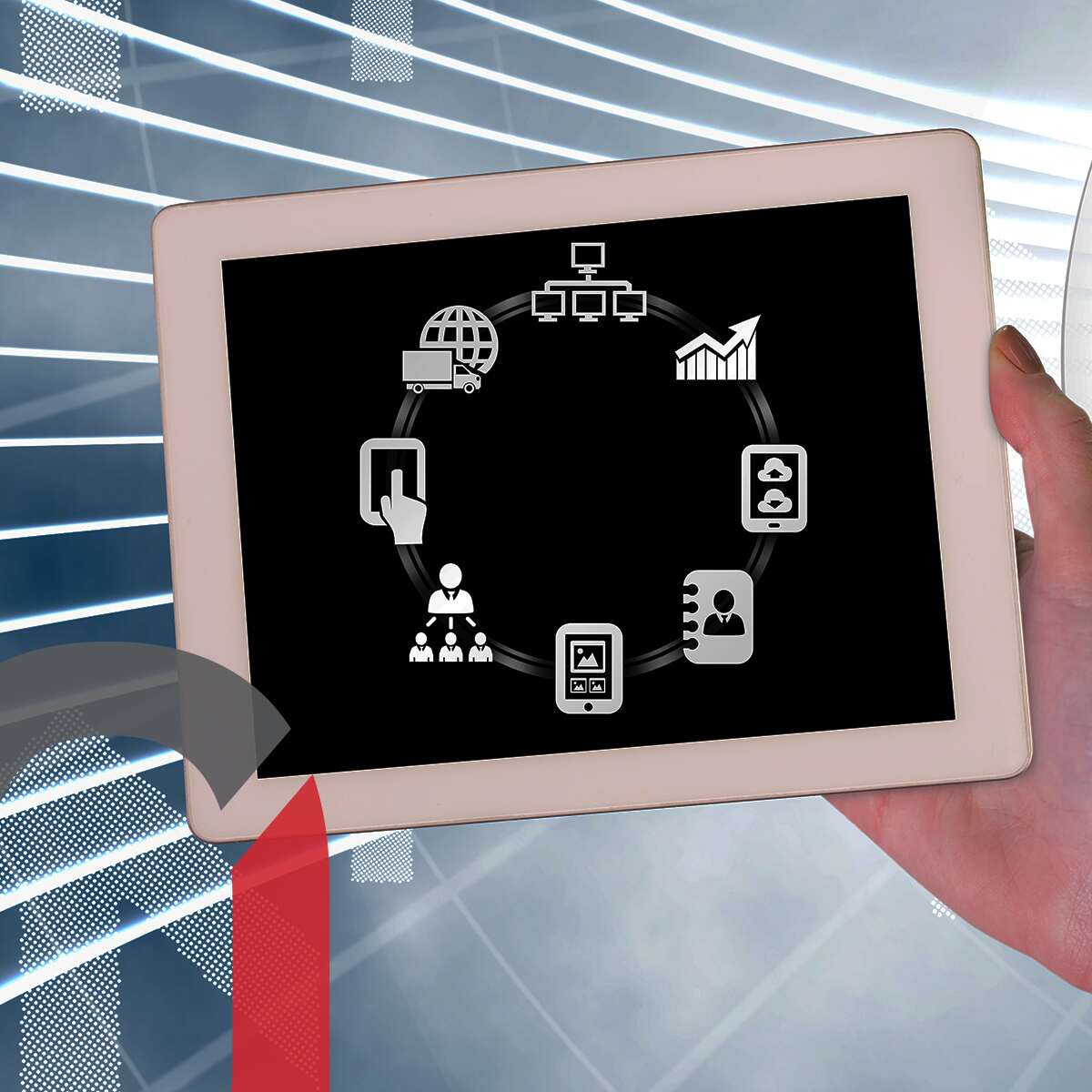Why is Immersive Technology Integration Important in B2B Marketing?

Strong 8k brings an ultra-HD IPTV experience to your living room and your pocket.
Discover why integrating immersive technology like virtual reality (VR), augmented reality (AR), and mixed reality (MR) is essential for B2B marketing success. This blog explores how these innovations transform client engagement, simplify complex solutions, enhance personalization, and support better decision-making. Learn how adopting immersive experiences can position your business as a forward-thinking industry leader in an increasingly competitive marketplace.
The B2B marketing landscape is evolving rapidly, driven by advancements in technology and changing buyer expectations. Immersive technology, which includes virtual reality (VR), augmented reality (AR), and mixed reality (MR), has emerged as a game-changer in this space. Its integration into B2B marketing strategies is not just beneficial—it is essential for businesses aiming to stay competitive and relevant in today’s market.
Transforming Client Engagement
Immersive technology fundamentally redefines how businesses engage with their clients. Traditional marketing materials like brochures and slide decks, while informative, lack the ability to create memorable, interactive experiences. By integrating AR or VR, businesses can invite clients to step into a virtual world where they can explore products, services, or solutions firsthand. This level of engagement is far more impactful, making the value proposition clearer and more tangible.
Simplifying Complex Solutions
B2B products and services are often intricate, requiring detailed explanations or demonstrations. Immersive technology bridges the gap by providing interactive simulations. A software company, for example, can use VR to demonstrate how their platform integrates with existing systems, while a construction firm can showcase virtual walkthroughs of a proposed project. This not only saves time but also ensures that the client fully understands the offering’s potential.
Boosting Personalization
Personalized marketing is a cornerstone of successful B2B strategies, and immersive technology takes personalization to the next level. By tailoring virtual experiences to reflect a specific client’s industry or challenges, businesses can demonstrate a deep understanding of their needs. This targeted approach fosters stronger relationships and increases the likelihood of successful conversions.
Enhancing Decision-Making
B2B purchasing decisions are typically high-stakes and involve multiple stakeholders. Immersive experiences can help streamline this process by providing stakeholders with a clear, shared understanding of a product or solution. AR and VR tools allow clients to visualize outcomes, simulate scenarios, and make informed decisions faster and with greater confidence.
Staying Ahead in a Competitive Market
Incorporating immersive technology sets a business apart as innovative and forward-thinking. As competitors adopt similar technologies, staying ahead of the curve becomes crucial. Companies that prioritize immersive experiences signal to their clients that they are leaders in their industry.
Benefits of Immersive Technology for B2B Marketing
1. Enhanced Engagement
Immersive technology provides an unparalleled level of engagement. Traditional B2B marketing often relies on static presentations or brochures, which can fail to captivate. AR and VR, however, enable potential clients to interact with products or solutions in a simulated environment. For instance, a manufacturing company can use VR to showcase complex machinery in action, allowing prospects to explore features and functionalities in a lifelike setting.
2. Improved Demonstrations and Prototyping
One of the biggest challenges in B2B marketing is effectively demonstrating the value of complex products or services. Immersive technology bridges this gap by enabling realistic demonstrations. Clients can virtually test products, explore configurations, or understand intricate processes without needing physical access. This not only saves time and resources but also accelerates the decision-making process.
3. Personalized Experiences
Personalization is a critical component of successful marketing, and immersive technology excels in delivering tailored experiences. With AR and VR, businesses can create customized virtual environments that align with a client’s specific industry, challenges, or goals. This level of personalization fosters stronger connections and increases the likelihood of conversion.
In conclusion, integrating immersive technology into B2B marketing is not just a trend but a necessity. It enhances engagement, simplifies complexity, boosts personalization, and aids decision-making—all critical components of a successful marketing strategy. As the technology continues to advance, early adopters stand to gain a significant competitive edge.
Note: IndiBlogHub features both user-submitted and editorial content. We do not verify third-party contributions. Read our Disclaimer and Privacy Policyfor details.







